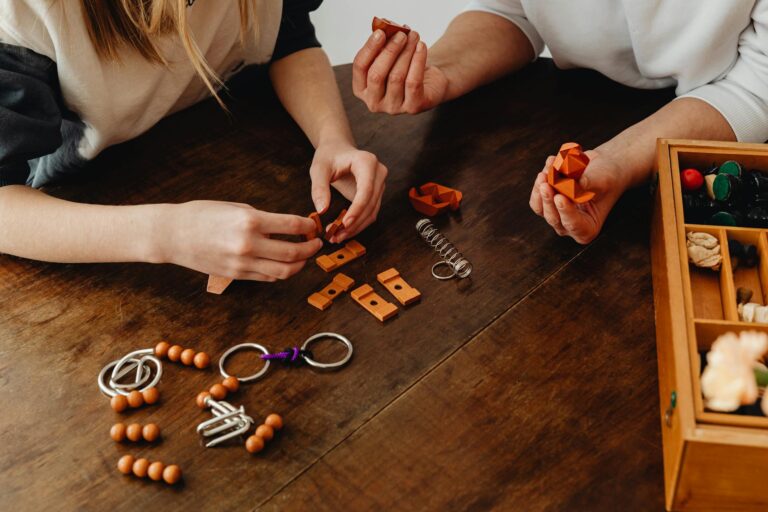Alzheimer’s disease is a progressive brain disorder that affects millions of people worldwide. It is characterized by memory loss, confusion, and difficulty in performing daily tasks. If you have a loved one with Alzheimer’s, you may have noticed that they struggle with simple tasks like putting away dishes. As a caregiver or a family member, it can be challenging to see your loved one struggle, but there are ways you can help them with this specific task. In this article, we will discuss how to help a person with Alzheimer’s put away dishes in a simple and easy-to-understand way.
1. Create a familiar environment
People with Alzheimer’s often find comfort in familiar surroundings. Therefore, it is essential to create a consistent and familiar environment for them. You can achieve this by arranging the dishes in the same spot every time and using the same type of dishes and utensils. This will help your loved one recognize and remember where things go, making the task of putting away dishes more manageable.
2. Use visual cues
Visual cues are a great way to help someone with Alzheimer’s remember tasks. You can use labels or pictures to indicate where each dish belongs. For example, you can place a label or picture of a plate on the shelf where the plates go. This will serve as a simple reminder for your loved one and make it easier for them to put away the dishes in the right place.
3. Simplify the task
People with Alzheimer’s often struggle with complex tasks, so it is crucial to simplify the task of putting away dishes as much as possible. You can do this by breaking down the task into smaller steps and giving clear instructions. For instance, instead of asking your loved one to put away all the dishes, you can ask them to put away the plates first and then move on to the cups and so on. This will make the task less overwhelming, and your loved one will be able to complete it more easily.
4. Use repetition and reinforcement
Repetition and reinforcement are essential when helping someone with Alzheimer’s perform a task. It takes time for them to learn and remember things, so it is essential to be patient and repeat the task as many times as needed. You can also reinforce the task by praising them when they complete it correctly. Positive reinforcement can go a long way in boosting their confidence and making them more willing to do the task again.
5. Be patient and supportive
It is crucial to be patient and supportive when helping someone with Alzheimer’s put away dishes. They may become frustrated or confused, but it is essential to remain calm and understanding. If they are struggling or becoming agitated, take a break and try again later. It is also essential to provide them with physical support if needed, like guiding their hand to place the dishes in the right spot.
6. Consider safety precautions
As Alzheimer’s progresses, your loved one may have difficulty with coordination and balance. Therefore, it is essential to take safety precautions when they are handling dishes. Avoid using breakable dishes and opt for plastic or non-slip options instead. Also, make sure the shelves and drawers are at a comfortable height for them to reach without straining.
7. Seek professional help
Caring for someone with Alzheimer’s can be physically and emotionally draining. It is essential to take care of yourself and seek help if needed. Consider enlisting the help of a professional caregiver who is trained to assist individuals with Alzheimer’s. They can provide you with valuable tips and techniques to make daily tasks like putting away dishes easier for your loved one.
In conclusion, caring for someone with Alzheimer’s requires patience, understanding, and love. Helping your loved one put away dishes may seem like a small task, but it can make a significant difference in their daily life. By creating a familiar environment, using visual cues, simplifying the task, using repetition and reinforcement, being patient and supportive, taking safety precautions, and seeking professional help, you can make the task of putting away dishes more manageable for your loved one. Remember to be patient, and don’t get discouraged if they struggle. With your support and understanding, you can help your loved one maintain their independence and dignity.





